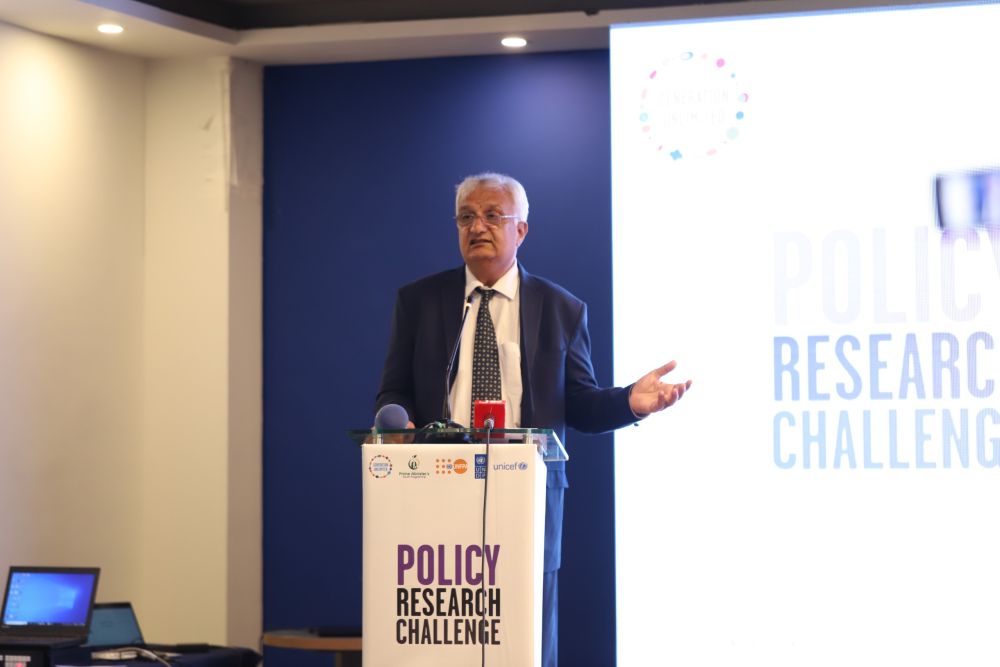Beep Pakistan - Better Alternative to WhatsApp
Posted 1 year ago
July 27, 2024
In a world where digital communication is the lifeblood of government operations and public interaction, Pakistan's ambitious "Beep Pakistan" launch is a significant milestone. Billed as a homegrown alternative to WhatsApp, this new messaging application promises to be a secure and locally controlled platform for government employees and, eventually, the general public. As we step into an era where digital sovereignty is increasingly paramount, the success of Beep Pakistan could set a precedent for other nations striving for technological independence. However, the journey ahead is fraught with challenges and uncertainties.
Introduced nearly a year ago by then-federal IT minister Amin ul Haque, Beep Pakistan aims to offer audio, video, messaging, conference calls for up to 200 participants and document-sharing capabilities. The app's data center is proudly located within Pakistan, a move intended to ensure "100% safety and security" by keeping data within national borders. This is a bold declaration of digital independence, reminiscent of China's WeChat and America's WhatsApp, but with a distinctly Pakistani identity.
Haque, now heading the National Assembly's Standing Committee on Information Technology, announced that government officials from the ministry of IT and its allied departments are already utilizing the app for internal communications. Plans are underway to extend this rollout to all government employees within the next 45 days, with a public launch to follow. The aim is clear: to provide a unified and secure communication platform tailored to the Pakistani context.
Yet, despite the lofty promises, several questions still need to be answered. Baber Majeed Bhatti, CEO of the National Information Technology Board (NITB), has extolled the virtues of Beep Pakistan, claiming it to be "far richer and more powerful than WhatsApp." However, Bhatti has remained tight-lipped about the details, including the developers behind the app and its development cost. Such opacity does little to inspire confidence in a project requiring public trust.
Moreover, the broader digital landscape in Pakistan is rife with complications. Recent disruptions with WhatsApp, particularly with sending and receiving media files, have fueled suspicions among digital rights activists. They suggest these issues may be linked to the government's testing and installation of an online firewall to control free speech and dissent. This backdrop of digital suppression casts a shadow over the introduction of Beep Pakistan, raising concerns about its true purpose and the potential for misuse.





